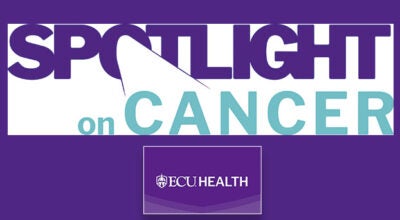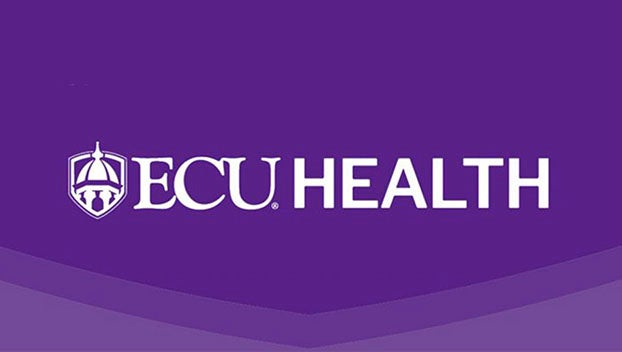Health Beat: How to protect your skin
Published 8:27 am Monday, June 7, 2021

- Gwyn Thompson
|
Getting your Trinity Audio player ready...
|
By Gwyn Thompson
Vidant Health
With the summer around the corner and outdoor activities increasing, it is so important to focus on the health of our skin.
There are everyday challenges to skin health including photo damage from ultraviolet light, dry skin, aging and wrinkles, wound healing, acne, dark spots and redness. Proper hydration and nutrition can help ease some of these challenges. Eating a balanced diet, including whole foods from each food group as much as possible is a great first approach. Here we will discuss some vital nutrients that play a key role in skin health.
Dry skin does not always mean one is dehydrated. Other factors that can contribute to dry skin can be weather, certain medications and soaps, sun exposure or other factors like eczema. However, being properly hydrated is important to rule out other factors. Dr. Steven Deliduka from Forefront Dermatology reports that proper hydration levels “help the skin to become plump and improves its elasticity meaning it is less likely to crack and have irritations and blemishes.” According to Today’s Dietitian, dehydration can lead to flaky, dry and dull looking skin and in order for the skin cells to stay hydrated, the cells need certain types of dietary fats to help hold in water. They also report that specifically polyunsaturated fats play the biggest role in retaining moisture which appear in the diet from food sources like avocados, fish, oil based dressings, nuts, seeds, olives, soft margarines ( liquid, tub and spray) and vegetables oils (such as canola, corn, olive, peanut, safflower and soybean oils).
According to the Skin Cancer Foundation, substances called antioxidants that we get from food may help fight off free radicals and prevent damage that causes skin cancer. They refer to a study in The Journal of Investigative Dermatology that found that UV exposure can deplete these antioxidants in the body.
The Skin Cancer foundation has found the following information to help boost your diet to provide the best protection. Beta Carotene is a nutrient that converts vitamin A in the body and helps build immune system to fight disease and some cancers. Sources include orange colored vegetables and fruits like carrots, sweet potatoes, squash, apricots, mangos, and squash. Vitamin C has been linked to lower risk of cancer deaths and you can find these in oranges, lemons, limes, berries leafy greens, broccoli and bell peppers. Vitamin E has anti-inflammatory effects and helps prevent damage from free radicals. Sources include nuts, sunflowers seeds, spinach, and soy beans. Zinc has been known to boost the immune system and the Skin Cancer Foundation reports it can help activate certain antioxidants, based on a study in The American Journal of Clinical Nutrition. Zinc is found in beef, lamp, shellfish, hummus, chickpeas, lentils and black beans.
Lycopene is another antioxidant that can help protect against sun damage as it does in tomatoes. A study in The British Journal of Dermatology found that those eating higher amounts of tomato paste were 40% less likely to be sunburned. Look for lycopene in your red foods like tomato, watermelon, papaya, pink grapefruit and blood oranges. Omega- 3 fatty acids are a known anti-inflammatory food and are found in fatty fish like salmon, tuna, nuts and flaxseed.
Of course you can obtain these nutrients in the form of a supplement, but Registered Dietitians will encourage consumption of these nutrients from food as this is most effective for absorption. If you have food allergies or intolerances and would like to start taking supplements, it is always best to discuss this with your physician, registered dietitian and dermatologist. Protect your skin this summer by including antioxidants from a balanced diet, staying hydrated, and of course, sunscreen.




